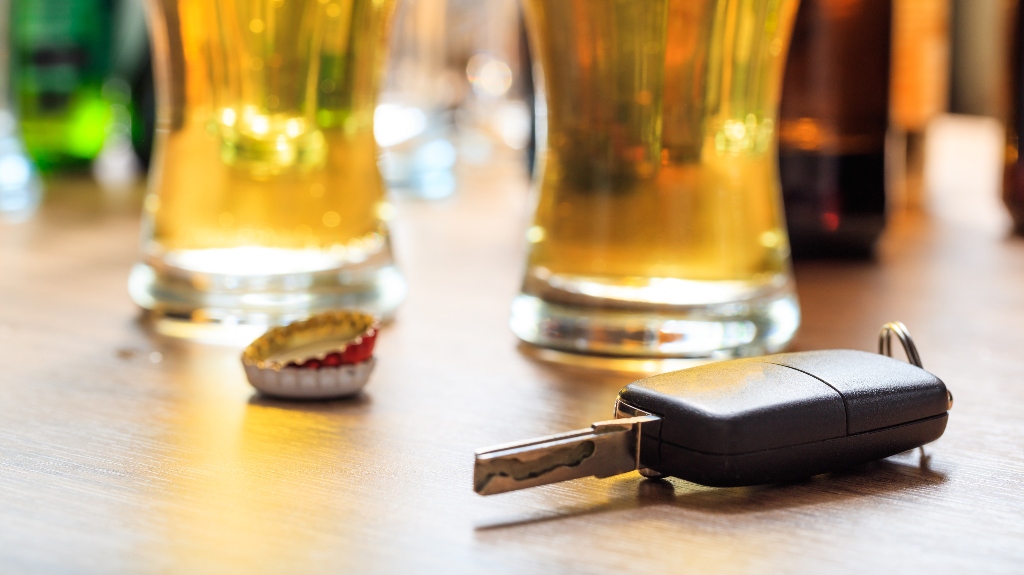Defenses Against DUI Charges in Illinois
Facing a DUI charge in Illinois can be a daunting experience, but it’s important to remember that there are legal defenses available to challenge these charges. Understanding your rights and the potential defenses against DUI charges is crucial in navigating the legal process effectively. We’ll explore some common defenses against DUI charges in Illinois that could help you mitigate or even dismiss the charges altogether.
- Improper Police Procedures: Law enforcement officers are required to follow specific procedures when conducting a DUI stop, arrest, and chemical testing. Any deviation from these procedures could potentially undermine the validity of the arrest and the evidence collected. For example, if the officer lacked reasonable suspicion to stop your vehicle or failed to properly administer field sobriety tests, it could be grounds for challenging the DUI charges.
- Faulty Equipment or Calibration: Breathalyzer and blood alcohol testing equipment must be properly maintained and calibrated to ensure accuracy. If there are issues with the equipment’s maintenance or calibration, the reliability of the BAC results could be called into question. An experienced DUI defense attorney can investigate whether there were any issues with the testing equipment or procedures that may have produced inaccurate results.
- Medical Conditions or Prescription Medications: Certain medical conditions or prescription medications can mimic the effects of alcohol intoxication or affect the results of chemical testing. Conditions such as diabetes or acid reflux can produce false positives on breathalyzer tests, while certain medications may impair cognitive function without the presence of alcohol. Providing evidence of a medical condition or prescription medication usage could help challenge the validity of the DUI charges.
- Rising Blood Alcohol Content (BAC): The absorption and elimination of alcohol in the body is not instantaneous, and there is a delay between the time of alcohol consumption and when it reaches peak BAC levels. This means that a driver’s BAC may continue to rise after being pulled over by law enforcement. A defense strategy known as the “rising BAC defense” involves demonstrating that the driver’s BAC was below the legal limit at the time of driving, even if it exceeded the limit at the time of testing.
- Violation of Miranda Rights: Individuals have the right to remain silent and the right to legal representation during police questioning, as outlined in the Miranda rights. If law enforcement officers fail to inform you of your Miranda rights or coerce you into making self-incriminating statements, those statements may be inadmissible in court. An attorney can assess whether your Miranda rights were violated and challenge any evidence obtained unlawfully.
- No Probable Cause for the Traffic Stop: Law enforcement officers must have reasonable suspicion or probable cause to initiate a traffic stop. If there was no valid reason for the initial stop, any evidence obtained as a result of the stop, including observations of impairment, may be suppressed. Challenging the legality of the traffic stop is a common defense strategy in DUI cases.
- Witness Testimony or Video Evidence: Witness testimony or video evidence from dash cams, body cams, or surveillance cameras can provide valuable evidence to support your defense against DUI charges. Witness testimony may corroborate your version of events or challenge the officer’s observations, while video evidence can provide an objective record of the traffic stop and arrest.
Navigating the legal process and building a strong defense against DUI charges requires the expertise of a skilled DUI defense attorney. Attorney David Liberty can assess the circumstances of your case, identify potential defenses, and advocate on your behalf to achieve the best possible outcome. If you’re facing DUI charges in Illinois, don’t hesitate to reach out to Liberty Law to protect your rights and defend against the allegations.

